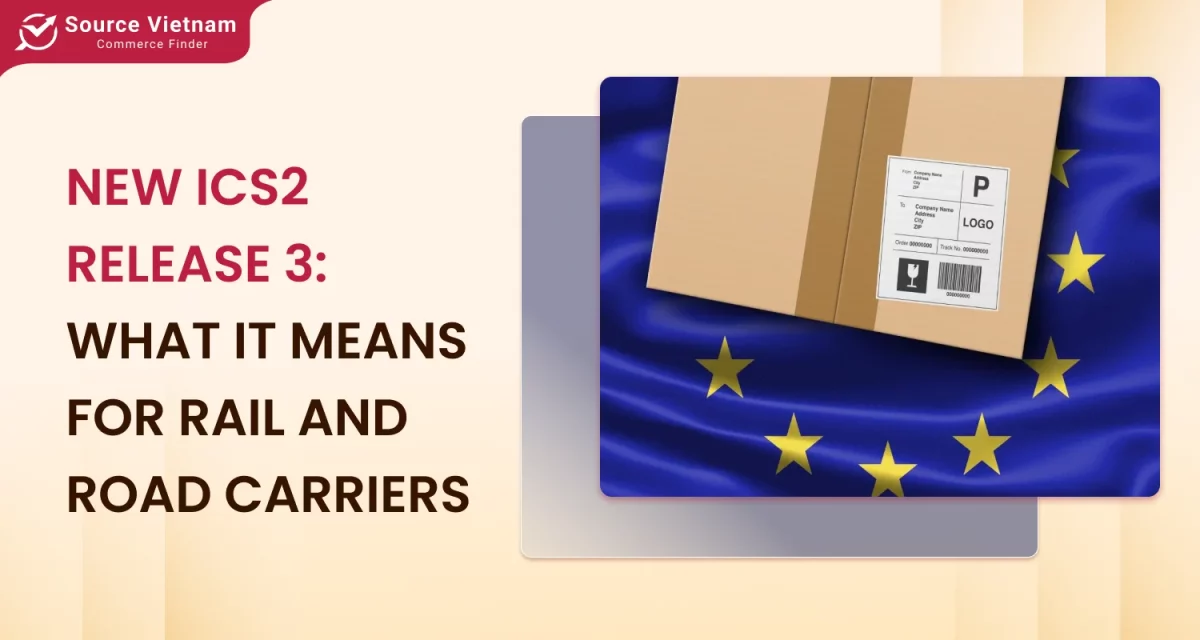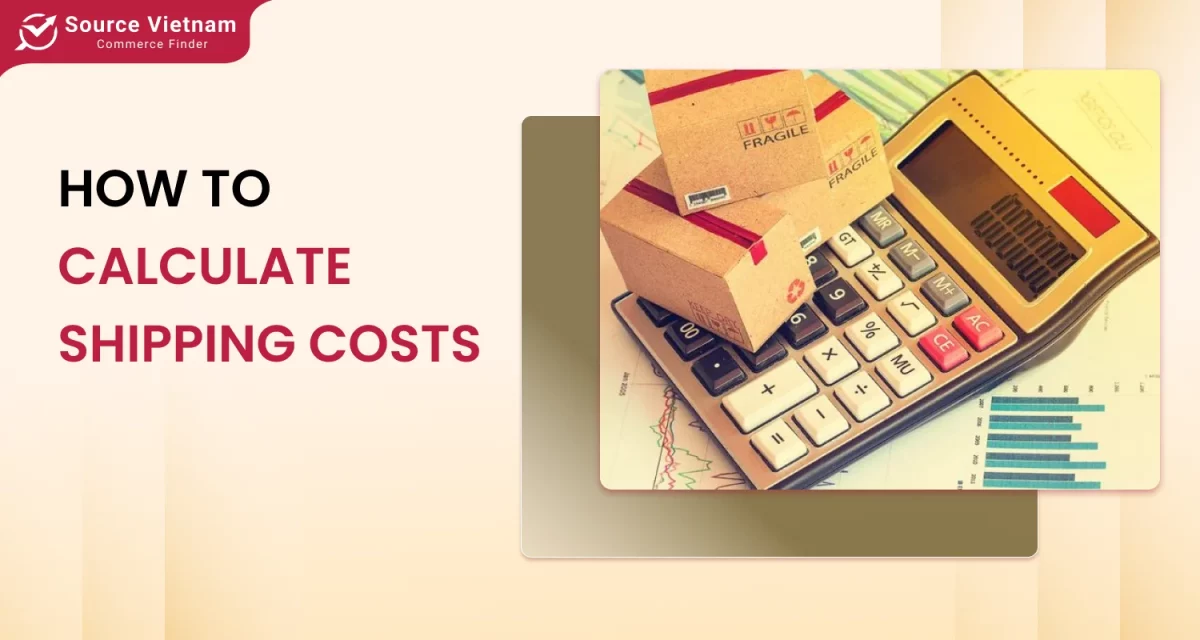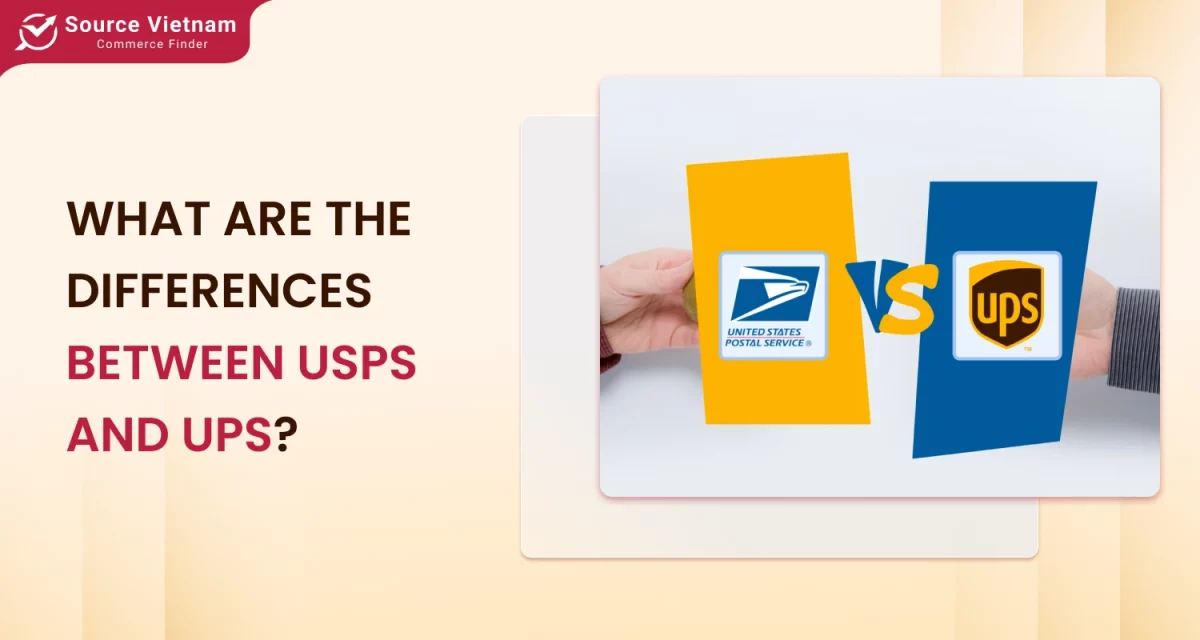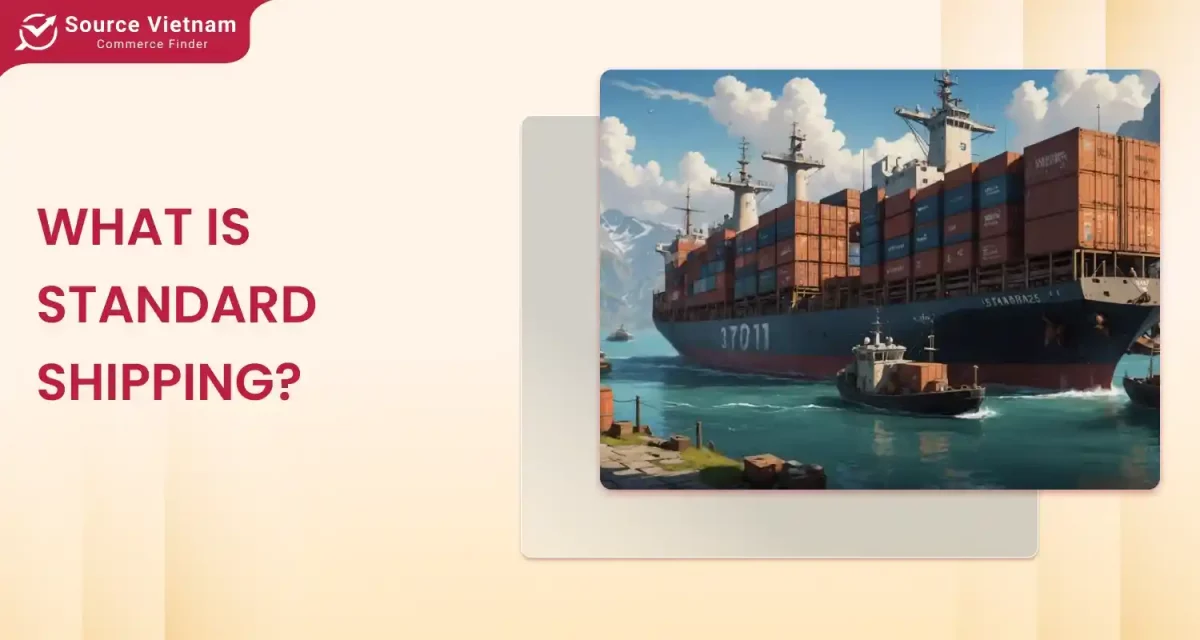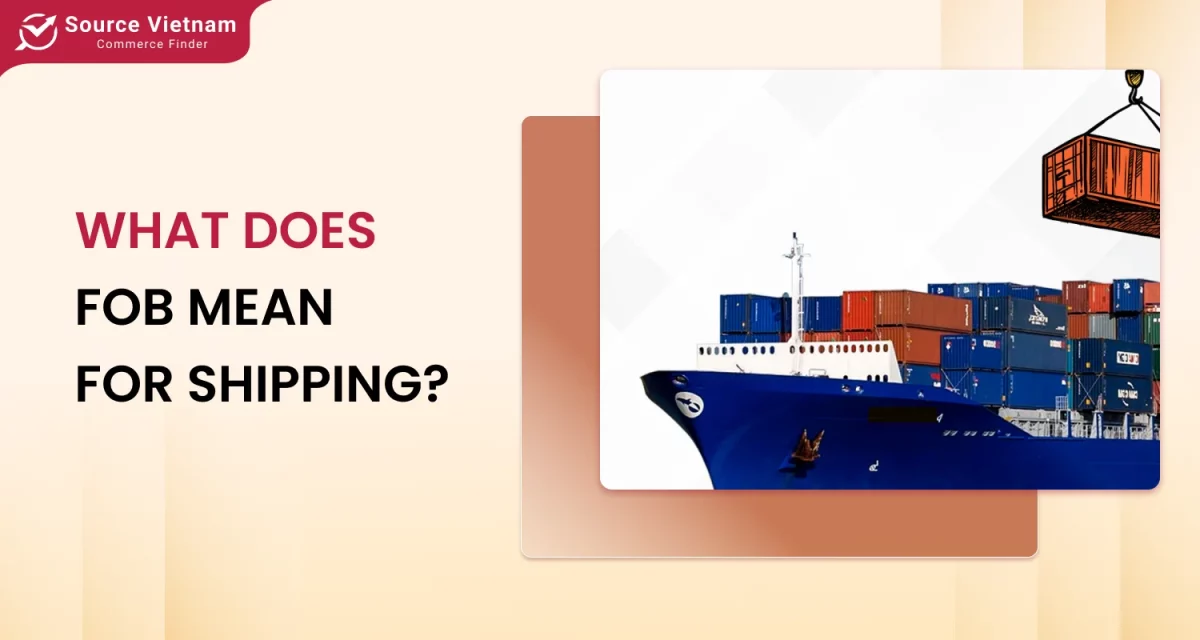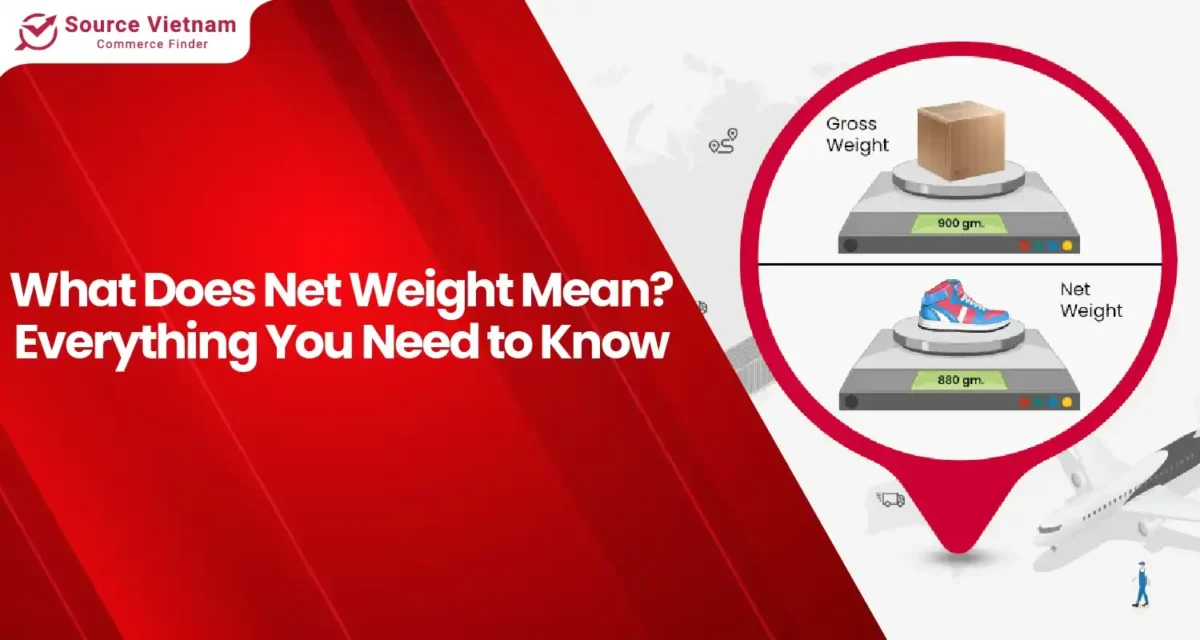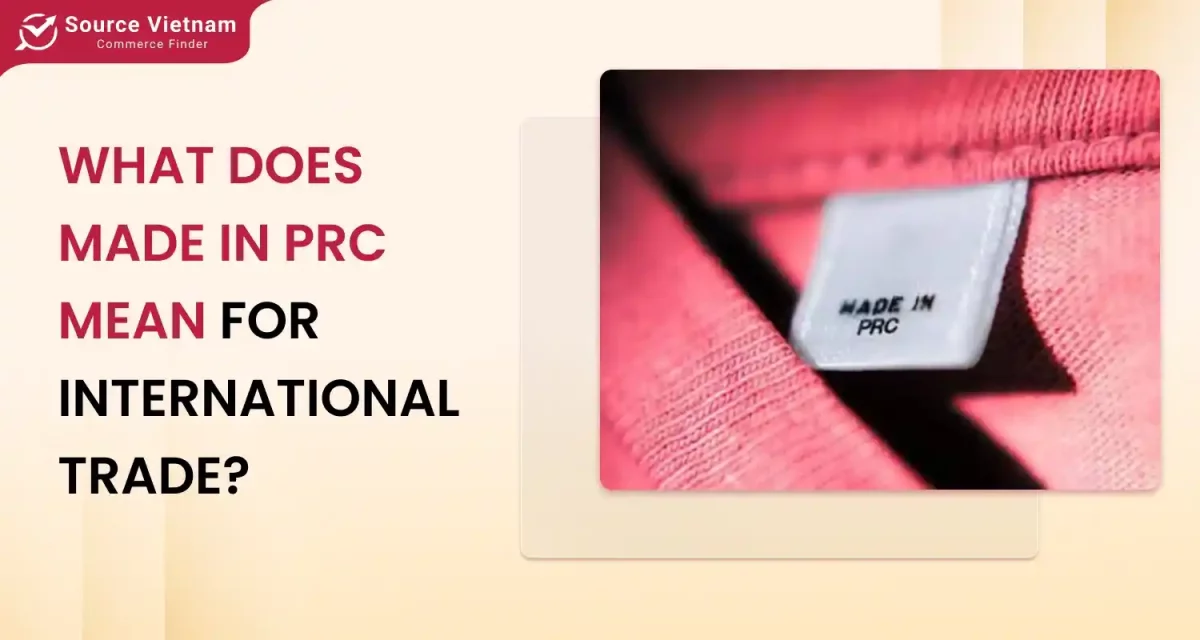Insight:
- The Certificate of Compliance (CoC) certifies products meet international standards, ensuring safety and smooth global trade.
- Obtaining a CoC requires thorough testing, audits, and continuous regulatory compliance.
- CoCs are crucial in industries like medicine, food, and electronics for customs clearance and brand credibility.
What is a Certificate of Compliance?
A Cert of Compliance form, also known as a Certificate of Conformity or Certificate of Conformance, is a document that certifies the goods or services you provide meet the required standards. This certificate also serves as a safeguard for consumers in importing countries against harmful or substandard products. If the goods fail to meet the importing country’s standards, they may be denied entry or, in more severe cases, confiscated.
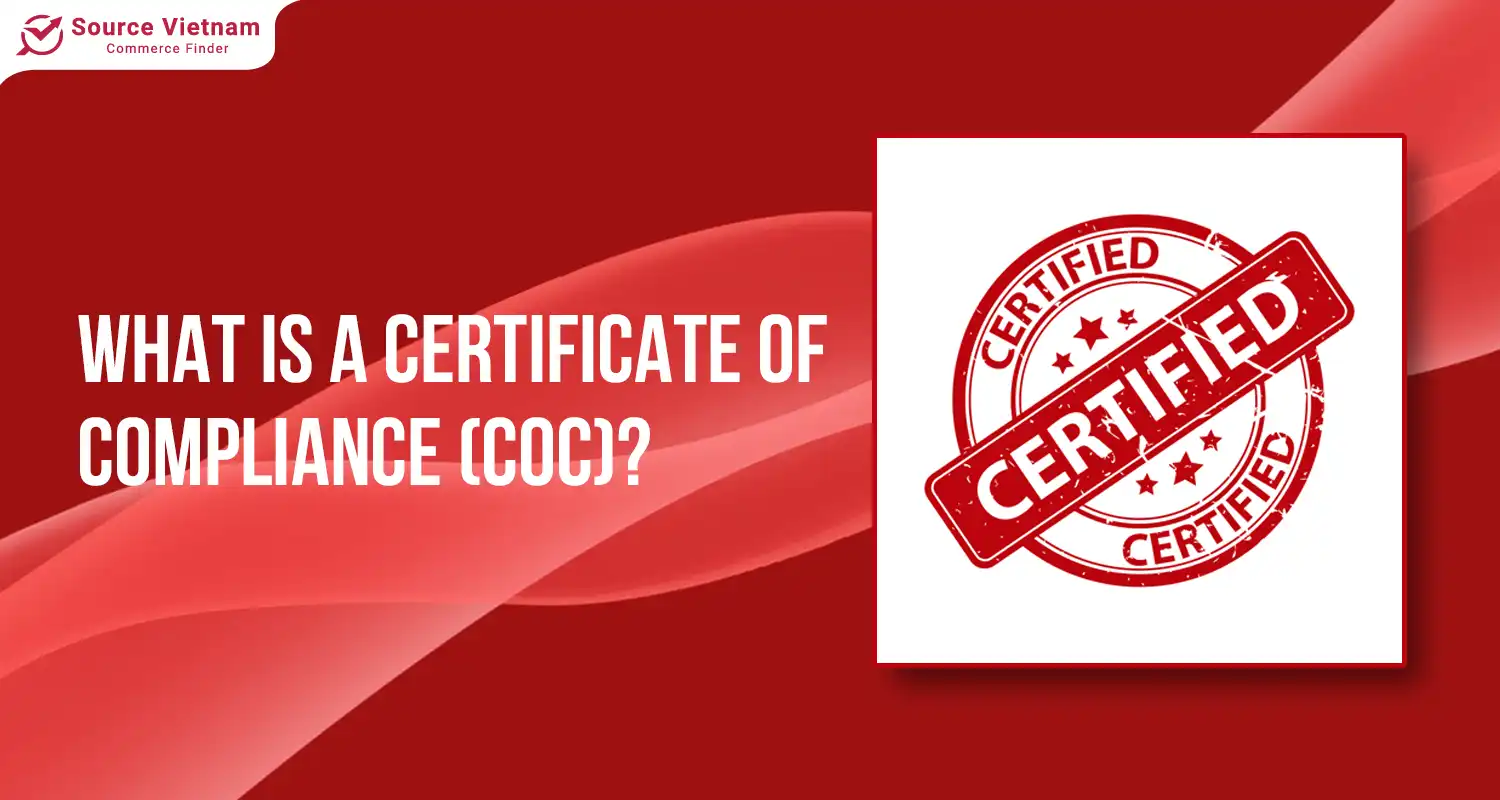
A typical certificate typically includes complete information about the certified product, including product description, technical specifications, codes, issuance date, and the signature and stamp of the authorized agency.
The Importance of a Certificate of Compliance
Certificates of Compliance (CoC) play a crucial role in various aspects of international trade. They:
- Ensure legal compliance: CoCs help businesses adhere to the specific regulations of the importing country, mitigating risks of legal certification penalties, fines, or bans.
- Facilitate customs clearance: Many countries require CoCs, saving time and costs.
- Enhance brand reputation: CoCs assure product quality and safety, building consumer trust.
- Mitigate risks: CoCs reduce the risk of product recalls, protecting a company’s reputation.
- Achieve global standards: CoCs contribute to meeting international standards and expanding market reach.
- Protect the environment: For certain products, CoCs verify environmental compliance standards.
Who is authorized to issue a Certificate of Compliance?
A Certificate of Compliance (CoC) is an official document that confirms a product meets specified standards. While it is typically issued by the manufacturer, it can also be provided by a third-party testing laboratory.
The criteria can be either voluntary, such as those set by trade associations or mandatory, like government regulations.
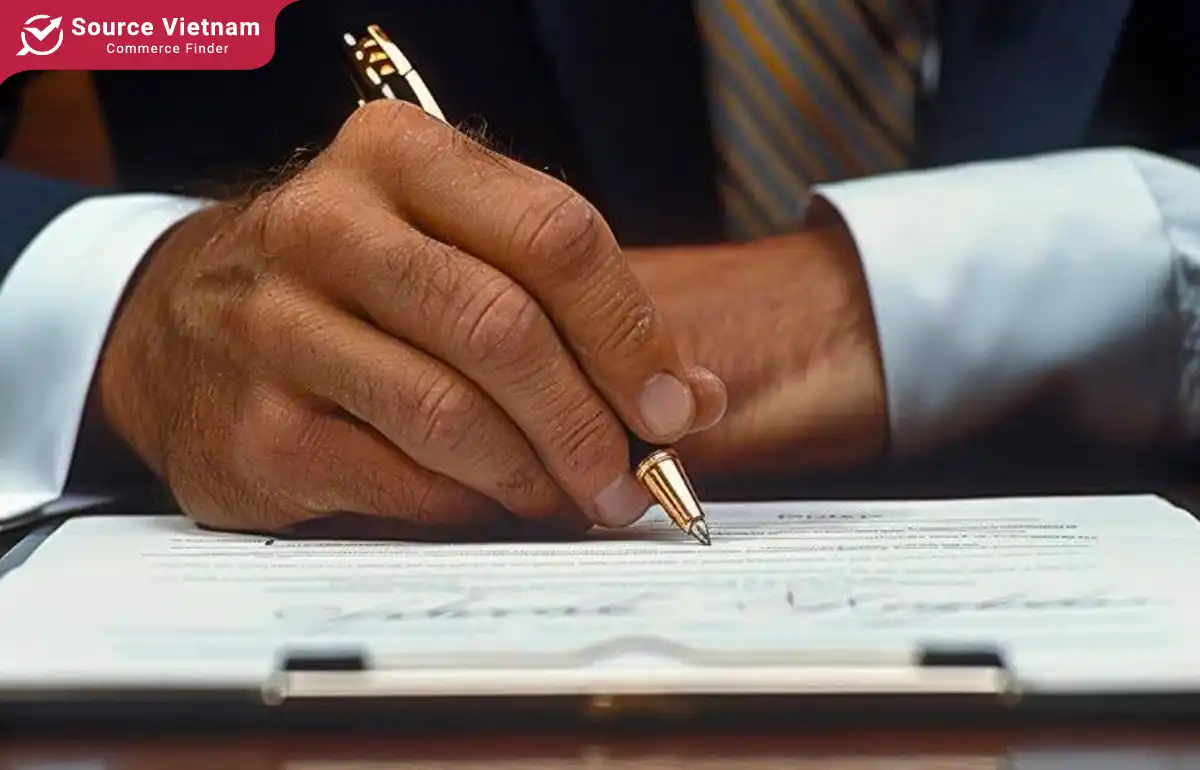
A CoC usually details the product’s standards and its country of origin. For instance, it may confirm that a product complies with all relevant European directives and bears the CE mark, or that it meets ISO 9001:2008 requirements. In either case, the CoC serves as proof that the product adheres to the specified standards.
How to Obtain a Certificate of Compliance
The process of obtaining a Certificate of Compliance requirements (CoC) involves the following steps:
- Step 1: Standard Identification: Start by thoroughly identifying the specific regulations and standards relevant to your product or service in the target market. This step ensures you understand the compliance requirements necessary for certification.
- Step 2: Engage with a Certification Body: Collaborate with a well-established and reputable certification body to undertake detailed assessments, rigorous testing, and certification procedures. Their expertise will guide you through the compliance process effectively.
- Step 3: Conduct Internal Product Testing: To boost confidence in your product’s readiness for certification, carry out internal testing or trials. This step helps identify potential issues early and ensures your product meets the required standards before official evaluation.
- Step 4: Submit Product for Evaluation: Provide samples of your product to the certification body for a thorough evaluation. This process may involve extensive laboratory testing and other assessments to verify compliance with the applicable standards.
- Step 5: Factory Audits (If Required): Depending on the certification requirements, your manufacturing facility may need to undergo audits. These audits verify that your production processes adhere to the relevant standards and regulations.
- Step 6: Address Non-Conformities: If any issues or non-conformities are discovered during the assessment, address them swiftly and effectively. Implement corrective actions to resolve these issues and ensure compliance with the standards.
- Step 7: Receive and Review CoC: Once all assessments and tests are completed, you will be issued a Certificate of Compliance (CoC). Review the certificate meticulously to confirm that all details are accurate and reflect the compliance status of your product.
- Step 8: Maintain Ongoing Compliance: Establish and maintain a robust quality management system to ensure continuous adherence to regulatory standards. Regularly review and update your practices to keep up with any changes in standards or regulations.
- Step 9: Renew CoC Periodically: Renew your CoC regularly, especially if there are significant updates to your product or changes in the applicable standards. Timely renewal helps maintain your product’s compliance status and market acceptance.

Examples of CoC for various products
The Certificate of Compliance (CoC) is a crucial document in international shipping. It certifies that a product meets the requirements of the importing country, and customs often require it before clearing goods. Many types of products need a CoC, but here are 5 examples:
- Medicines and medical devices: All types of medicines and medical devices must have a CoC before being shipped internationally. The CoC ensures the product meets safety and quality standards.
- Chemicals: Any chemicals being transported require a CoC, including both hazardous and non-hazardous chemicals.
- Food products: All food products must have a CoC before export, including both fresh and processed foods.
- Motor vehicles: All motor vehicles shipped internationally need a CoC, including cars, trucks, motorcycles, etc.
- Electronics: All electronic products being shipped require a CoC, including computers, televisions, DVD players, and more.
- Textiles: Clothing, fabrics, and yarns need a CoC to prove the quality, origin, and absence of harmful substances.
- Toys: Children’s toys must have a CoC to ensure safety and that they are free from harmful materials.
- Household appliances: Appliances such as refrigerators, washing machines, and air conditioners need a CoC to demonstrate energy performance, electrical safety, and compliance with technical standards.
- Construction equipment: Items like cement, steel, and bricks require a CoC to ensure the quality and durability of construction.
Maintaining Compliance Post-Certification
To maintain compliance after certification, follow these steps:
- Continuous monitoring: Regularly monitor processes and products to ensure they consistently meet certification standards.
- Ongoing training: Provide continuous training for employees to keep them updated on compliance requirements and best practices.
- Internal audits: Conduct periodic internal audits to identify and address any compliance issues before they escalate.
- Documentation: Maintain accurate and up-to-date records of compliance activities, including any changes to processes or products.
- Corrective actions: Implement corrective actions promptly if any non-compliance issues are detected during audits or inspections.
- Stay informed: Keep abreast of any changes in standards or regulations that may impact compliance requirements.
- Engage with certifying bodies: Maintain communication with the certifying body to stay informed of any updates or changes related to certification.

Conclusion
The article you’ve just read provides a clear explanation of what a Certificate of Compliance (CoC) is, also Certificate of Compliance meaning and purpose, and learn how to get a Certificate of Compliance. Similar to blind shipments, a Certificate of Compliance (CoC) plays a crucial role in protecting consumers from substandard and unsafe products. It ensures that only goods meeting high-quality standards reach the market, thereby enhancing service delivery and elevating the overall customer experience.
As a business owner aiming to expand globally, SourceVietnam.com is your ideal partner to showcase your ‘Made in Vietnam’ products. Our cross-border e-commerce platform streamlines the export process, making it easier to navigate customs and connect with a global audience. With SourceVietnam.com, you can maximize your sales and discover the best markets for your products. For any questions or inquiries, our dedicated customer support team is here to assist you.
FAQs about Certificate of Compliance
Is a Certificate of Compliance mandatory for all industries?
No, a Certificate of Compliance is not mandatory for all industries. It is required based on specific industry regulations, product types, and importing country requirements. Each industry has its own standards and certification needs.
How long does it take to get a Certificate of Compliance?
The time required to obtain a Certificate of Compliance can vary widely depending on several factors, such as the type of product, the complexity of the certification process, and the efficiency of the certifying body. Generally, it can take anywhere from a few weeks to several months. It’s best to consult with the relevant certifying body for a more accurate timeline based on your specific circumstances.
Can a Certificate of Compliance expire?
Yes, a Certificate of Compliance can expire. The validity period of a Certificate of Compliance depends on the type of certification, industry standards, and regulatory requirements. Typically, certifications need to be renewed periodically, which may involve re-evaluation or re-certification to ensure ongoing compliance with current standards. It’s important to monitor the expiration date and renew the certificate as needed to maintain compliance.
What is a certificate of compliance in construction?
A Certificate of Compliance in Construction is an official document that serves as a formal acknowledgment that a building or structure has met all the necessary codes, regulations, and safety standards set by local authorities and governing bodies. This certificate confirms that the construction work has been carried out strictly per the approved plans and specifications. It also verifies that the property is safe for occupancy or use, ensuring that all essential aspects like structural integrity, electrical systems, plumbing, and fire safety measures have been adequately addressed and are up to code.

